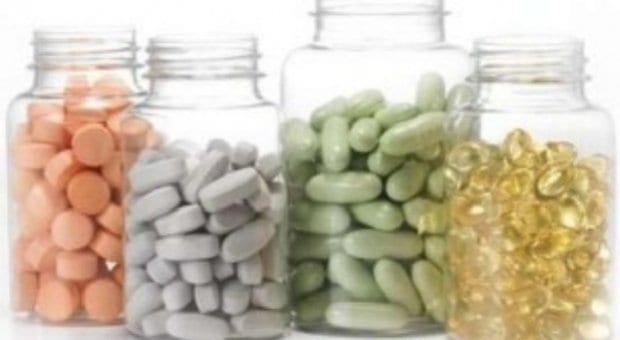Almost six times as many gay and bisexual boys use anabolic steroids as their straight counterparts, according to a study published in the Pediatrics medical journal.
Researchers at the Fenway Institute and Massachusetts General Hospital collected the data from a nationally representative survey of about 18,000 American boys, aged 14 to 18. They found that 21 percent of gay or bisexual boys had used steroids, compared with four percent of straight boys. Gay and bisexual boys were also more likely to be heavy users of steroids.
The researchers considered bullying, depression and a need to fit a stereotypical body image as possible reasons for the disparity.
“Gay and bisexual boys are often targets of bullying, and some boys (particularly if they also possess poor body image) may turn to anabolic-androgen steroids use as a means to obtain a more muscular build, in hopes it would deter others from bullying them,” researcher Aaron Blashill told Reuters.


 Why you can trust Xtra
Why you can trust Xtra


